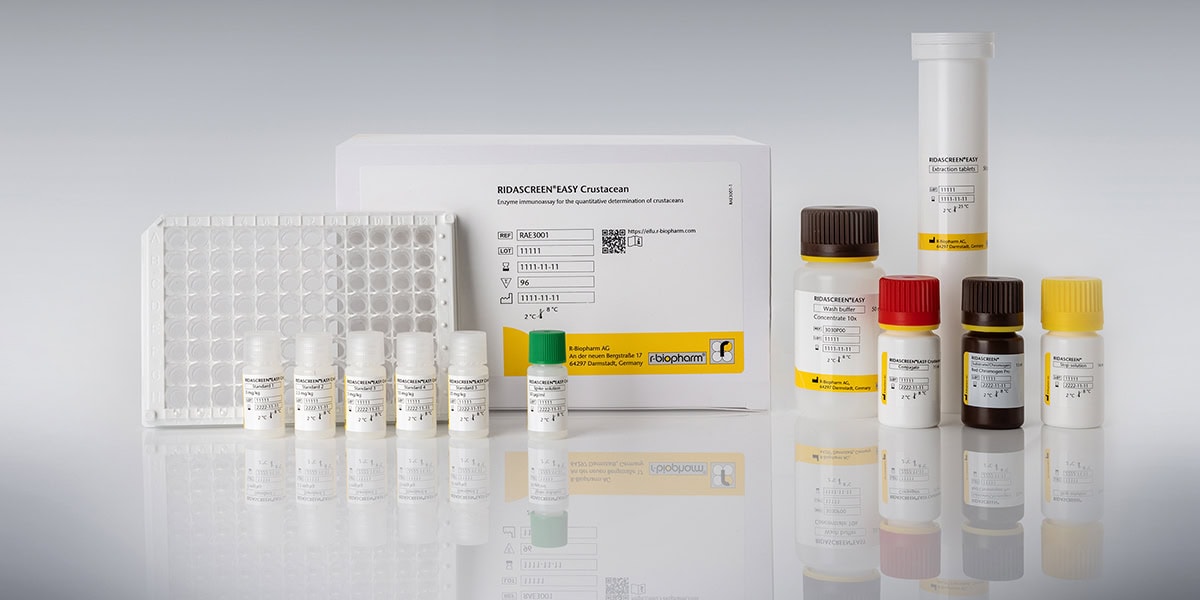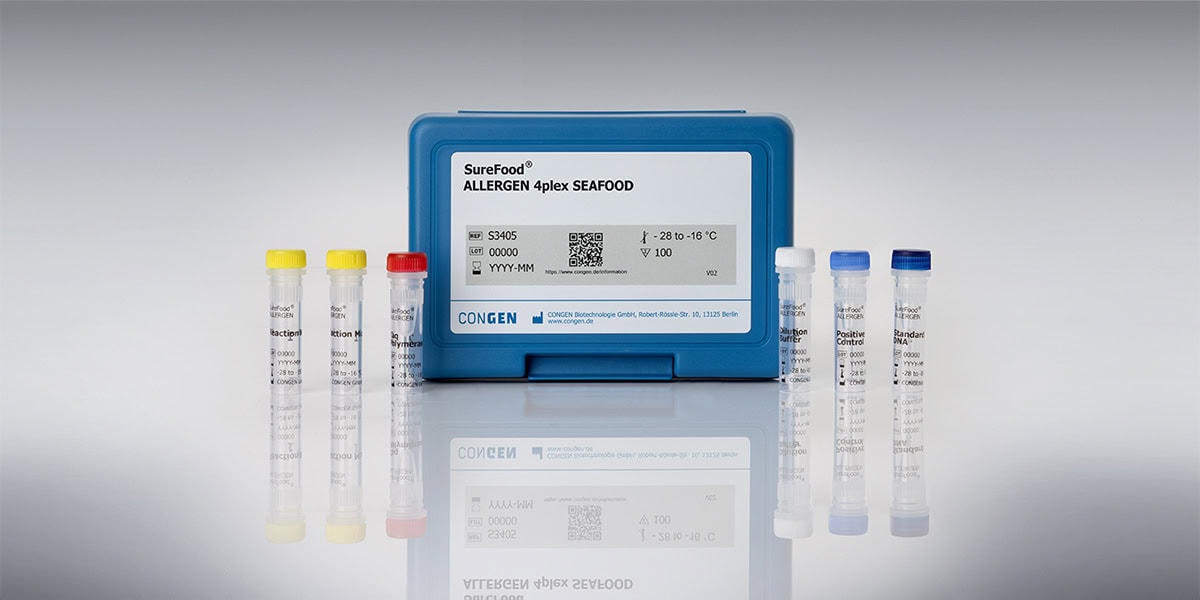
Recent news in Food & Feed Analysis
- Home
- /
- New data: This is...
New data: This is how common food allergies really are

According to a recent study, more than 10 percent of adults in the United States suffer from food allergies, while almost 20 percent think they do. What’s behind this?
Food allergies are widespread in children and adults. While some food allergies develop during early childhood and disappear by itself during school age (such as egg allergy), other allergies only develop in adulthood. A differentiated view of allergies in children and adults is therefore appropriate. A recent study published in JAMA Network Open focused on allergies in adults, and, by surveying more than 40,000 people in the United States, discovered interesting insights.
While one in 10 adults has a food allergy, nearly twice as many adults think that they are allergic to foods, says Ruchi Gupta, MD, professor at Northwestern University and physician at Lurie Children’s Hospital in Chicago. Thus, many people eliminate certain foods from their diet, although they have not been diagnosed with an allergy. Instead, the symptoms they experience after consumption of certain foods may be due to food intolerance or other diseases. Only a physician can make this diagnosis.
Concerning people with a “true“ allergy (a number estimated at 26 million people in the USA), the study provides further interesting facts:
- The most prevalent food allergen among adults is shellfish, followed by milk, peanuts, nuts and fish.
- Over half of allergic people stated that they have experienced a severe allergic reaction and 38 percent reported at least one allergy-related lifetime emergency department visit. The main cause for this was peanuts.
- 45 percent are allergic to multiple foods.
The results of the study clearly show that food allergens present a major health risk. Precisely because even small quantities may cause severe allergic reactions, it is vital that allergenic ingredients in foods are labelled. In order to ensure correct labelling of contained allergens, foods must be tested accordingly. For this purpose, R-Biopharm offers a broad portfolio of rapid lateral flow tests, ELISA tests and PCR tests.



